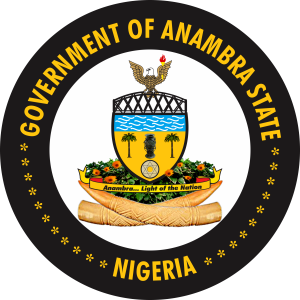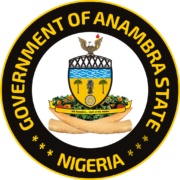- +2348084141850
- Today: 08.00 to 16.00
Contact Us Now
Contact Info
- Jerome Udorji Complex, State Secretariat, Awka, Anambra State
- +2347084141850
- moe@anambrastate.gov.ng
Higher Education Department - Anambra Ministry of Education
- Home
- Higher Education Department

01Jun’21
The Higher Education Department within a Ministry of Education is responsible for overseeing and regulating tertiary education institutions, such as universities and colleges. Its functions encompass various aspects of higher education policy, quality assurance, funding, and academic standards. Here are some common functions of the Higher Education Department:
**Policy Formulation:** Developing policies that guide the overall direction and development of higher education, including strategies for expansion, quality enhancement, and research promotion.
**Accreditation and Quality Assurance:** Establishing criteria and processes for accrediting universities and colleges, ensuring they meet prescribed standards of academic quality and institutional governance.
**Program Approval:** Approving and regulating academic programs offered by universities and colleges to ensure they align with national educational standards and address the needs of students and industries.
**Research Promotion:** Encouraging and supporting research activities within higher education institutions, contributing to the advancement of knowledge and innovation.
**Funding Allocation:** Allocating funds to universities and colleges for operating expenses, infrastructure development, research initiatives, and other academic activities.
**Student Financial Aid:** Administering scholarships, grants, loans, and other financial aid programs to support students’ access to higher education.
**Curriculum and Syllabus Development:** Ensuring that the curricula and syllabi of higher education programs are relevant, up-to-date, and aligned with industry needs.
**Teacher Training and Development:** Providing training and professional development opportunities for higher education faculty to enhance their teaching skills and academic qualifications.
**Academic Standards:** Setting and maintaining academic standards for degrees and qualifications offered by higher education institutions to ensure comparability and consistency.
**International Collaboration:** Facilitating partnerships between domestic and international higher education institutions, promoting knowledge exchange and research collaboration.
**Distance and Online Education:** Regulating and promoting distance learning and online education programs to expand access to higher education.
**Student Support Services:** Offering services such as career counseling, academic advising, and mental health support to ensure the well-being and success of students.
**Recognition of Foreign Degrees:** Evaluating and recognizing qualifications earned from foreign institutions to ensure their compatibility with national educational standards.
**Research Funding:** Allocating grants and funding for research projects that contribute to the advancement of knowledge and address societal challenges.
**Innovation and Entrepreneurship:** Encouraging the integration of entrepreneurship education and fostering an environment for innovation and startup initiatives.
**Governance and Accountability:** Monitoring and regulating higher education institutions to ensure transparent governance, ethical practices, and adherence to regulations.
**Articulation and Transfer:** Facilitating the transfer of credits and qualifications between higher education institutions to enhance student mobility and flexibility.
**Promotion of Diversity and Inclusion:** Promoting diversity and inclusivity in higher education by addressing issues of access, gender equity, and social inclusiveness.
**Collaboration with Industry:** Establishing partnerships with industries and employers to align higher education programs with industry needs and enhance graduates’ employability.
**Public Outreach and Awareness:** Engaging with the public, policymakers, and stakeholders to communicate the value and importance of higher education for societal and economic development.
In summary, the Higher Education Department plays a vital role in shaping the quality, accessibility, and relevance of higher education, contributing to the development of a skilled workforce and the advancement of knowledge within the country.
